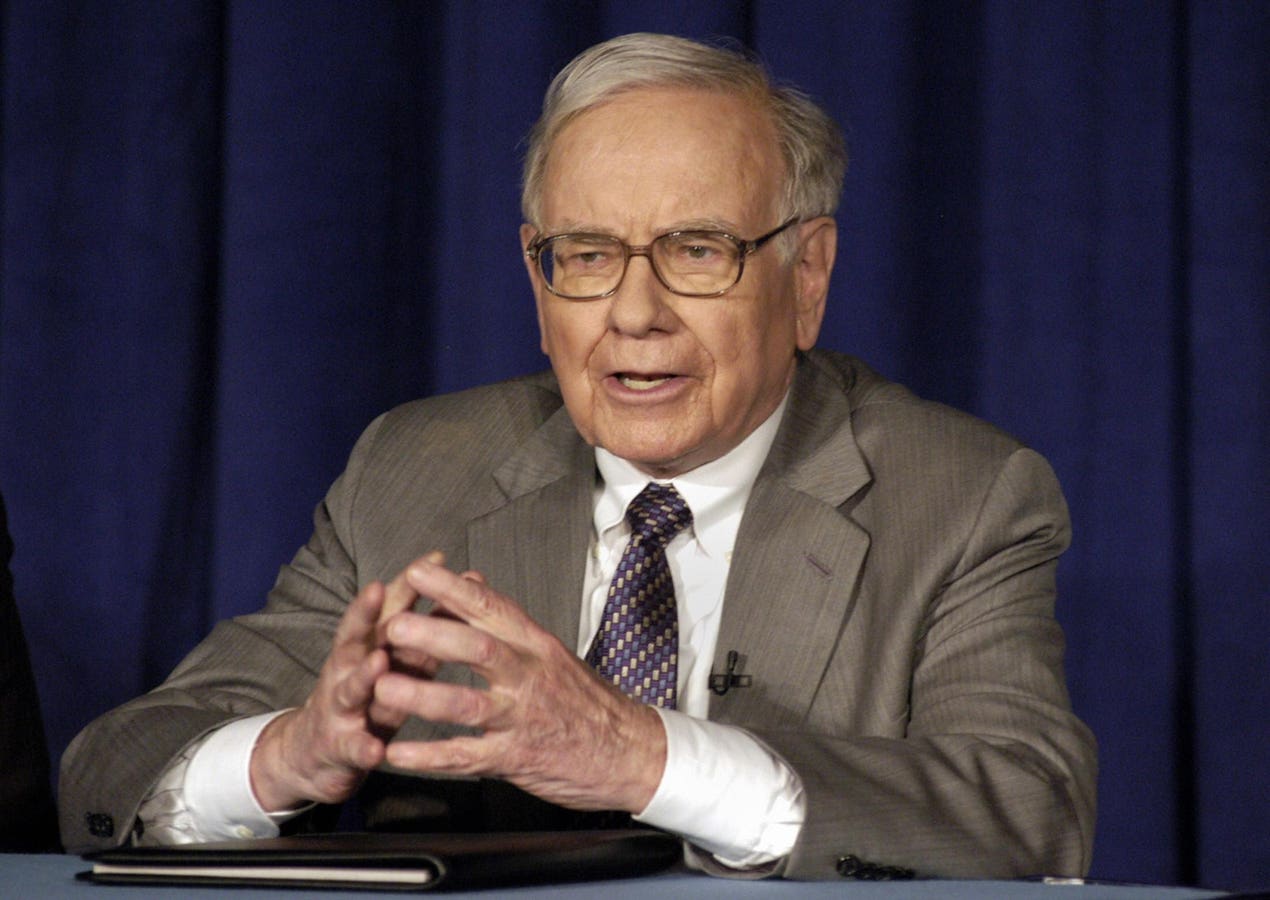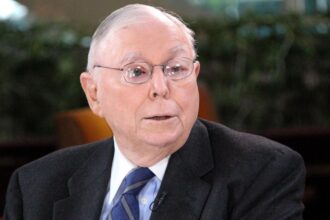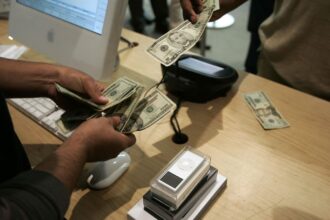Berkshire Hathaway’s (BRK/A, BRK/B) third-quarter 2023 13F was filed on November 14. This filing gives us a quarterly opportunity to observe what two of the greatest investors, Warren Buffett and Charlie Munger, and their team are doing within Berkshire’s publicly traded equity portfolio. Berkshire has a large stable of wholly-owned entities, so this is just a slice of their investments. Berkshire’s third-quarter earnings were reported in early November, and information about the extensive portfolio of wholly-owned operating companies is available here.
Berkshire’s $313 billion very concentrated investment portfolio consists of 45 companies, down three holdings from last quarter. Berkshire was a net seller of about $5.3 billion in stocks during the quarter. The top 5 holdings account for over 79% of the total portfolio. The top five holdings, in order of the size of holding, are Apple
AAPL
BAC
AXP
KO
CVX
CVX
OXY
UPS
Complicating the analysis of the number of net stock eliminations this quarter was the reorganization of a couple of Berkshire’s Liberty Media stock holdings. After the changes at Liberty Media, Berkshire now owns shares of Liberty Media
FWONK
Because the 13F does not include international stocks, Berkshire Hathaway initially announced the acquisition of about 5% of five Japanese trading companies at the end of August 2020. These holdings are Itochu Corp., Marubeni Corp., Mitsubishi Corp., Mitsui & Co. Ltd., and Sumitomo Corp. Buffett revealed in April 2023 that Berkshire increased its stakes in these companies to 7.4%. Buffett indicated that these were intended to be long-term holdings, and Berkshire may still increase its stake to 9.9%.
This analysis looks at the Berkshire portfolio across a host of measures, including 12-month forward estimated: price-to-earnings (P/E), price-to-sales (P/S), return-on-equity (ROE), enterprise value-to-earnings before interest, taxes, depreciation, and amortization (EV/EBITDA), price-to-book (P/B), dividend yield, current debt-to-EBITDA, current free cash flow yield, current operating margin, and long-term earnings-per-share growth consensus estimates.
Overall, the portfolio analysis reflects a cheaper price-to-earnings valuation than the S&P 500 while having better profitability as measured by return on equity and operating margin with lower debt levels. The long-term (next 3 to 5 years) consensus earnings-per-share growth rate is expected to be lower than the S&P 500. Buffett’s preference for high-quality companies that generate significant cash flows is evident from the better profitability metrics combined with a superior free cash flow yield.
Although Berkshire’s 10Q filing shows that $1.7 billion in equities were purchased in the third quarter, the 13F lists no new positions or additions to existing stock holdings. It is possible that Berkshire was able to delay disclosing a new holding, or the additions were in international stocks that do not need to be announced. There is speculation that Berkshire might be buying or has already bought more Japanese stocks since the firm is in the process of selling more Yen-denominated debt.
General Motors
GM
JNJ
PG
ATVI
CE
MSFT
Berkshire reduced its holdings of Chevron (CVX), HP
HPQ
The Chevron holding has been trimmed for four straight quarters. Despite the sales, Chevron remains Berkshire’s fifth-largest publicly traded holding, worth over $18 billion. More Occidental Petroleum shares were acquired in October, so Berkshire is not souring on the energy sector.
Berkshire was again a net seller of stocks in its publicly traded portfolio in the third quarter. Several relatively small blue chip holdings were eliminated from the portfolio, including Johnson & Johnson and Procter & Gamble. No new purchases or additions to existing holdings were disclosed, though $1.7 billion in public equities were purchased according to their 10Q filing. Berkshire again trimmed its Chevron stake, but its bet on oil prices remains significant, with more than $33 billion invested in energy stocks and more than double the weight in the S&P 500. Despite its price decline in the quarter, Apple remains the most extensive holding, worth almost $157 billion and comprising about half of Berkshire’s publicly traded stock portfolio.
Read the full article here










